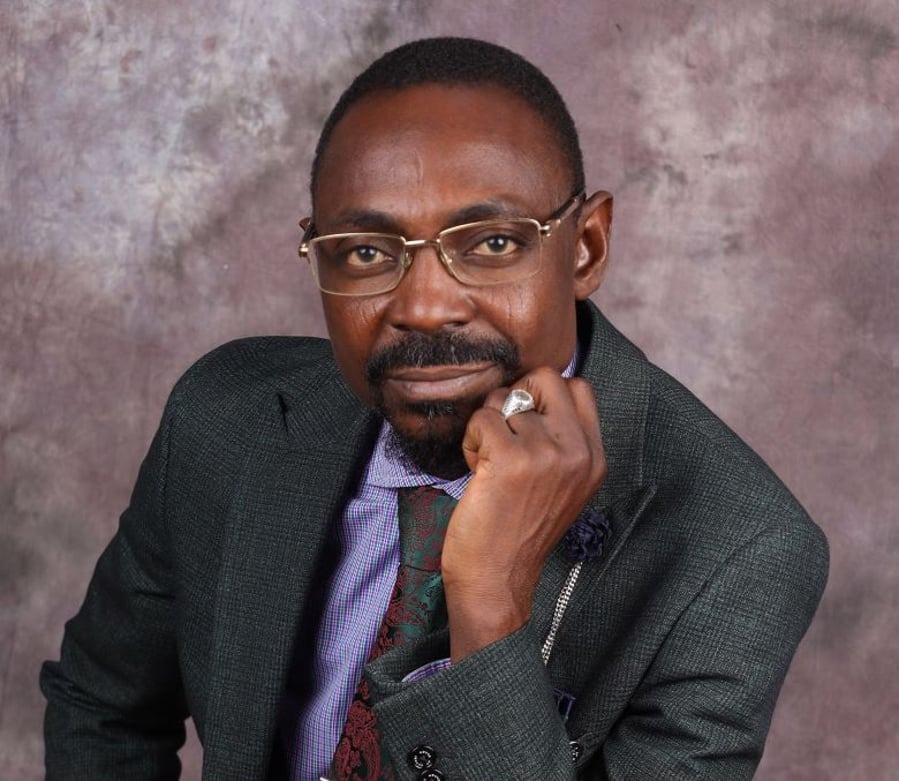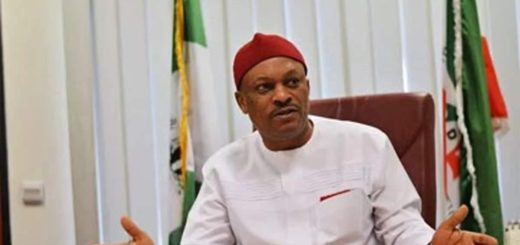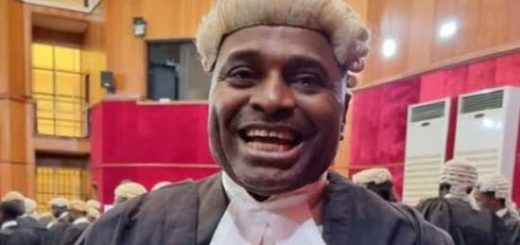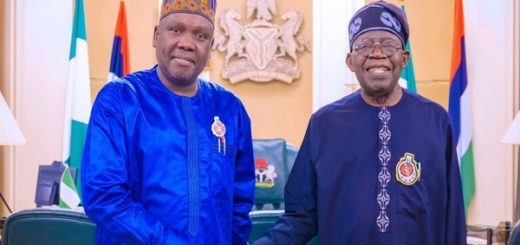“Eduko State Exclusion: A New Marginalization, Says Senior Lawyer”
 A Senior Advocate of Nigeria (SAN), Alhaji Mohammed Ndarani Mohammed, has strongly condemned the exclusion of Eduko State from the list of 31 proposed new states by the National Assembly, calling it an act of marginalization.
A Senior Advocate of Nigeria (SAN), Alhaji Mohammed Ndarani Mohammed, has strongly condemned the exclusion of Eduko State from the list of 31 proposed new states by the National Assembly, calling it an act of marginalization.
Eduko State, which was recommended for creation out of the current Niger State during the 2014 National Conference, was designed to address the issues of marginalization faced by minority ethnic groups, particularly the Nupe people. In a press conference on Monday in Abuja, Ndarani Mohammed criticized the House of Representatives’ report, describing the omission as unfair.
He expressed his concerns that despite the 2014 National Confab’s endorsement of the creation of Edu State—now proposed as Eduko State—and the fact that it met the constitutional criteria in Section 8(1)(2)(3) of Nigeria’s Constitution, it had been inexplicably left out by the committee overseeing state creation.
Ndarani further criticized the report, saying that the omission of Eduko State contradicts President Bola Tinubu’s Renewed Hope Agenda, which prioritizes fairness, equity, and justice. He emphasized that creating Eduko State would serve the interests of the long-marginalized Nupe people and would contribute to the equitable distribution of resources and governance.
The House of Representatives Committee on the review of the 1999 Constitution recently proposed the creation of 31 additional states, a move that, if passed, would increase Nigeria’s states to 67. However, Ndarani questioned why the Nupe-speaking people from Niger State, Kwara, Kogi, and the Federal Capital Territory (FCT) were excluded from the list, despite decades of advocacy for states like Ndadume, Edu, and now Eduko State.
He stressed that the creation of additional states in Nigeria has long been seen as a way to foster more effective governance and development. Ndarani called on President Tinubu, whom he described as a long-time friend of the Nupe people, to intervene and ensure that Eduko State is included in the list of proposed states.
He also pointed out that Niger State, which spans 76,000 square kilometers and boasts significant population, mineral resources, and a river basin, is well-equipped to support an additional state. This, he argued, is the basis for the push to create Eduko State with its capital in Bida.
“It is unfortunate that Eduko State was excluded,” Ndarani said. “The 2014 Confab deemed it fit, but now it has vanished from consideration. This raises serious questions. Why was it removed? It is clear that this is an act of marginalization against the Nupe people.”
Ndarani expressed his dismay over the exclusion, noting that if the Confab had approved the creation of Eduko State, it should not have been disregarded by the committee. He called for an extension of the consultation period to allow for broader participation from marginalized groups in the state creation process.
He warned that any attempt to exclude legitimate proposals, such as Eduko State, would face legal challenges in court. According to him, creating Eduko State would not only promote regional development but would also bring government closer to the people, create jobs, and improve the living standards of citizens in both rural and urban areas.
“History has shown that the creation of states has brought about development and has helped government become more accessible to the people,” Ndarani concluded.













